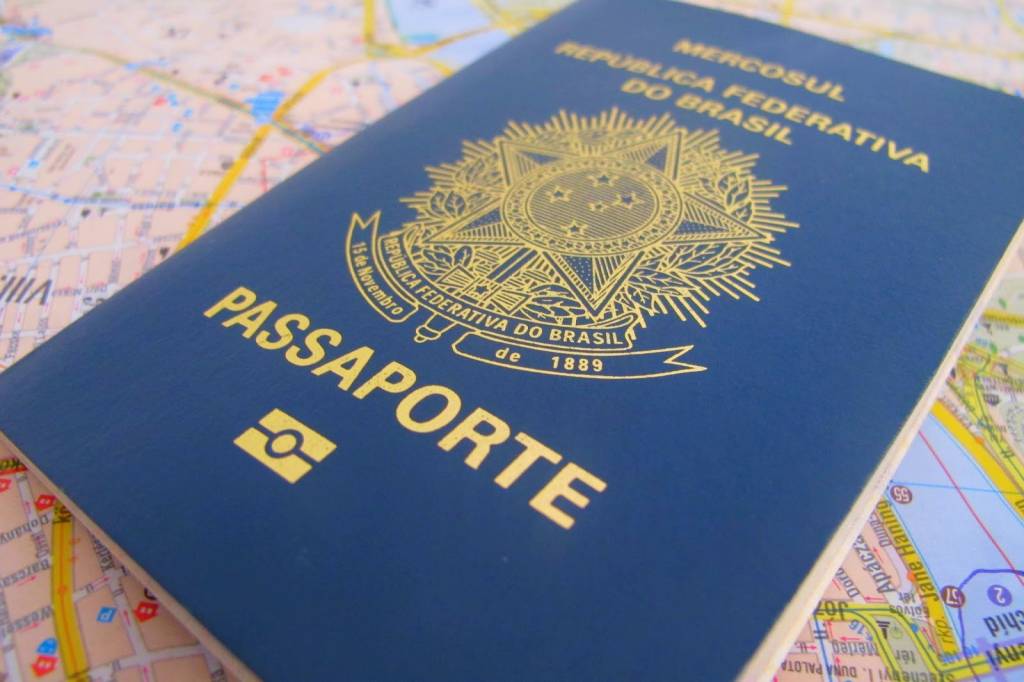
Germany, Austria, Norway, Finland, Sweden, Iceland, Spain and France – countries where you can study for free or for little
When it comes to studying abroad, the most popular destinations for Brazilians are England, Canada and the United States, according to the Brazilian Association of International and Cultural Travel Organizers (Belta). The first place to look, the United States, has a big problem, the high cost of studying! When it comes to price, we came to show countries that have the opportunity to study for free or for very little. Check out!
See more news
- Projects in the oil and gas sector are expected to suffer a 75% drop this year 2020, due to the crisis caused by Covid-19
- Professionals with no experience can apply for a job at TechnipFmc in Macaé, in Rio de Janeiro
- Job vacancies at the Jurong Aracruz shipyard (EJA), Espírito Santo, today July 20, in the role of Deck Boy and Accounting Analyst
With the high cost of the United States, Europe becomes a great option for Brazilians. There are at least eight countries where you can study for free or at very affordable prices, and it has a great advantage: many programs are in English, even though it is not the official language of these countries. Below we will list some locations where making the exchange is worthwhile.
Study for free in Germany
Since 2014, tuition fees are not charged at all German universities. This includes foreigners and is valid for both undergraduate and integrated master's programs. In the country, there is only one exception, which is the University of Daden-Würtemberg, which currently charges around 1.500 euros (around 9.000 reais) per semester for students from abroad.
In some federal universities, a semester contribution and/or administrative fees are charged (around 50 euros, or approximately R$ 300).
The German government generally requires those wishing to study in the country to pay €8.000 per year. The government also authorized Brazilian college students to work full-time for 120 days a year or part-time for 240 days.
Study for free in Austria
For exchange students, universities whether public or federal in Austria charge only about 360 to 720 euros (R$ 1.800 to R$ 4.400) per semester of “tuition fees”, according to Study in Austria. Also, there is a fee of 19,20 euros (about R$ 120) on participation in the country's student union and student accident insurance.
Even in these cases, there are waiver or refund opportunities like these fees. These opportunities exist for participants of certain exchange programs, members of partner universities or citizens of developing countries (a category that usually includes Brazil). However, you need to check these opportunities individually at each university and each course.
Study for free in Norway
Tuition fees are not charged to students, including foreigners, by universities and colleges in Norway. This is valid at all levels, undergraduate, master's and doctoral. But university students must contribute a fee of around NOK 300 to 600 (equivalent to R$170 to R$340) each semester.
However, some institutions still charge for the “tuition fess” for students enrolled in specific programs, usually at the master's level. Most private institutions charge for all their programs. In this case, the fee amount is usually lower than in other countries and fees for students coming from abroad are not higher than Norwegian students.
Study for free (or almost) in Finland
Finland is one of the countries with the best education and quality of life in the world. Furthermore, according to Study in Finland, Phd courses do not need to pay “tuition fees”. Generally, they receive a salary or scholarship when they work as researchers.
For undergraduate and master's courses, both in private and public institutions, there is a study fee since the second half of 2017. In some cases, it is possible to obtain exemptions. If you still need to pay, there are several scholarship opportunities for universities in Finland. However, they need to be verified at each faculty and for each course.
In addition to the “tuition fees” the student will pay for his/her personal expenses. These expenses vary between 700 and 900 euros per month (R$ 4.200 and R$ 5.500). However, the country allows exchange students to work 25 hours a week during the time they study in the country.
Study for free (or almost) in Sweden
As in Finland, students in doctoral programs do not pay for “tuition fees”, they still receive a salary or a scholarship. However, in undergraduate and master's programs these fees may apply.
Study for free (or almost) in Iceland
In Iceland there are seven universities, four of which are public. They do not charge “tuition fees”, but an administrative registration fee is charged, which costs around US$ 600 annually, which is an average of R$ 270 per month to study at a university in Iceland.
Study paying little in Spain
As in many other countries, Spanish universities are divided into public and private universities, and about a third of them are public. Among these institutions, it is possible to graduate at prices comparable to private universities in Brazil.
In public universities, undergraduate courses cost around 1.500 euros per year. The cost is around 9.000 reais per year, or around 750 reais per month.
Graduate in France
France has more than 50 courses in English, but most are offered by private universities, which makes the cost very high. However, who is looking for postgraduate studies, the prices are affordable.
According to the French government, the cost for a student to support himself per month is around US$430 per month. International students can work up to 964 hours per year, which corresponds to 60% of the workload of a person with a full-time job.











Congratulations on the article that only highlights the…
I'm in line and I want mine...
I learned that thousands of Cubans migrated to…
Where did you get this data from? Cuba…
Where there are large agricultural areas, smaller…
Really Monica, and the floods in RGS…
It is necessary for a country with a…
And Fernando, you’re not just stupid…